The Network Television Code (Netcode) is a collective bargaining agreement (CBA) covering some SAG-AFTRA work in television. Although the Television Agreement covers “dramatic” television, the Netcode covers shows like variety shows, talk shows, game shows, promos, and even soap operas. It is set to expire this summer on June 30, 2024.
Shortly before the publication date of this post, on March 13, 2024, SAG-AFTRA announced Wages & Working Conditions Meetings (W&Ws) in advance of the expiring Netcode. SAG-AFTRA hosts W&Ws in advance of negotiations with employers, to hear bargaining proposals from its unit members and figure out its bargaining strategy.
It is not unusual for SAG-AFTRA to host W&Ws many months in advance of an expiring CBA. Based on recollection, it is unusual for SAG-AFTRA to come so close to the expiry of such a major CBA to announce W&Ws.
Here are some thoughts on SAG-AFTRA’s late-announced W&Ws around the Netcode.
Worry
SAG-AFTRA went on strike in loud fashion last year under its Television Agreement. In those negotiations, one of the major sticking points for its bargaining unit was the topic of employer use of artificial intelligence (AI). The general thinking was that unit members were fearful that employers would replace them with AI-generated versions of themselves or their traits, meaning fewer workdays, decreased compensation as a result, and exploited use to further diminish compensation opportunities.
SAG-AFTRA’s eventual agreement around AI, generally speaking, required producers to secure informed consent from unit members before applying AI to their work. Speaking to and hearing from some unit members, these achievements were lackluster if not problematic, because they basically meant that an employer could condition employment on the unit member’s consent to be exploited via AI, and if the unit member did not consent, the unit member could be refused work. Despite over half of the voting unit voting yes to ratify the tentative agreement providing these terms, many unit members did not seem to find this kind of consent agreeable, because the sentiment seemed to be that unit employment should not be conditioned upon such consent. In other words, a unit member should be able to reject use of AI but still get to work.
Actors, hosts, dancers, singers, background actors, and even stand-ins work under the Netcode, and very likely they also have serious concerns around AI in their work. One would think that given SAG-AFTRA was vocal about AI in the past Television Agreement negotiations, SAG-AFTRA would ramp up concerns again for actors, et al., working under the Netcode. As of the publication date, SAG-AFTRA does not appear to hold concern anymore. Rather, based on its silence and late W&Ws announcement, it appears SAG-AFTRA believes AI is a settled matter, and the AI “template” settled in the Television Agreement could apply to negotiations around others of its CBAs.
All in all, the silence around the expiring Netcode so close to its expiry is worrisome for unit members.
Extension
The silence so close to the expiring Netcode also implies that SAG-AFTRA will merely agree to extend the Netcode past its expiration date of June 30, 2024.
In its last negotiations around the Netcode, SAG-AFTRA and employers effectively let it expire. SAG-AFTRA agreed to extend the Netcode and its effectively expired terms multiple times. Nearly a year after the Netcode effectively expired, SAG-AFTRA announced it had reached a new tentative agreement. However, SAG-AFTRA was not public before that announcement that the prior agreement had effectively expired or been extended. (The Editor had to email SAG-AFTRA for updates on the Netcode and its expiration.)
Stand-In Central predicts, given the late W&Ws announcement so close to the Netcode expiry, SAG-AFTRA will agree to extend the Netcode upon its late-June expiry this year. SAG-AFTRA may be inclined to extend it without public announcement, as it did in past negotiations. This means that the effectively expired wages and working conditions will continue in effect past June 30, unless and until its unit members ratify a new successor agreement SAG-AFTRA might achieve.
All in all, stay tuned to see whether SAG-AFTRA will announce a new tentative Netcode agreement around the time of its expiry on June 30, 2024.
Retroactivity
In the last tentative agreement that SAG-AFTRA secured around the Netcode (which it did so nearly a year after the Netcode’s effective expiration), SAG-AFTRA negotiated and agreed the terms should be retroactively applied. Generally, this meant that were you to work during the extension period at the past wage, you would eventually receive an additional check for that work but under the retroactively-applied wages. Basically, you’d get a typically small retroactive payment.
However, if SAG-AFTRA agrees to retroactivity of a future successor agreement, retroactivity is hard to apply to work conditions that are not monetary. For example, if a work condition in a successor agreement is “the Producer cannot use the unit member’s likeness in generative AI without informed consent,” and if this is a retroactive term, but if the producer already did so during the extension period without informed consent, the genie is already out of the bottle, so to speak. Retroactive informed consent makes no sense, especially when the unit member’s likeness has already been exploited without consent or without informed consent.
There is also the question of health insurance eligibility. Say that a stand-in failed to qualify for health insurance while working under the effectively expired wages. Then say SAG-AFTRA unit members ratified a successor agreement over a year later, with wage increases retroactively applied. Then say this stand-in would have qualified for health insurance under the retroactively applied wages. The stand-in may have already lost health insurance and had to seek health insurance elsewhere by the time of ratification of the new successor agreement, no matter if its terms are retroactively applied. The damage is already done, so to speak. (It is unclear to Stand-In Central if the SAG-AFTRA Health Plan has methods for dealing with retroactive compensation to aid health insurance eligibility, but it does not seem plausible it could save a unit member who loses eligibility and who had to pay for health insurance elsewhere.)
All in all, if the Netcode effectively expires and SAG-AFTRA agrees to extend it, and if it reaches a new agreement with retroactivity, retroactivity is not a savior for an effectively expired CBA. SAG-AFTRA should do its best to negotiate a tentative agreement by the date of expiry, soon after, or else go on strike to secure its demands.
The 2024 Presidential Election
Although going on strike may sound like something no unit member would want again so soon after the Television Agreement strike, SAG-AFTRA has a lot of leverage this year. This year, 2024, is a presidential election year. If the Netcode expires on June 30, then television shows like variety shows and talk shows would likely go dark if SAG-AFTRA called a strike, because actors, hosts, and even stand-ins could not work those jobs (without crossing the picket lines).
SAG-AFTRA’s leverage is that these types of shows would not want to go dark because of the topical nature of their programming, and because much of that programming’s subject matter can be political at times, certainly touching on the 2024 presidential election. Furthermore, the general public has an interest in political discussion and political satire especially during the run-up to a vote for president, putting pressure on these producers to reach a deal in order to keep the flow of topical programming during such an important period.
With that said, SAG-AFTRA’s image may take a beating if it calls a strike. Its image may be hit as the public wonders, “Wasn’t SAG-AFTRA just on strike?,” with the public not understanding that there are different CBAs that cover different television programming, and that when Netcode shows went dark last year, it was because writers went on strike, not actors.
However, if SAG-AFTRA is self-respecting, the labor union should not be swayed in the event its image is hit by calling a strike. SAG-AFTRA should capitalize on its leverage rather than kowtow to media or public pressure. One would think SAG-AFTRA’s interests are ultimately in protection of its members — and making gains for them. Unfortunately, extensions and retroactive agreements run counter to the object of securing gains. SAG-AFTRA should keep a strike in its back pocket around the expiring Netcode.
All in all, the 2024 presidential election provides exceptionally good leverage for SAG-AFTRA in renegotiating the Netcode for the gains of its unit members.
Strike Authorization
With that said, if the Netcode expires on June 30, 2024, SAG-AFTRA cannot call a strike without asking for and receiving from its members strike authorization.
This simply implies that SAG-AFTRA must ask for strike authorization from its members. If it does not seek strike authorization going into negotiations with the producers of Netcode shows, it is unlikely to Stand-In Central that SAG-AFTRA is being proactive in its negotiations. Instead, it is likely being reactive, only requesting strike authorization in response to negotiations going south.
All in all, as a measure of SAG-AFTRA’s seriousness around the expiring Netcode, not only look out for when the union calls for any W&Ws, but also whether it calls for strike authorization.
Recent Fran Drescher Interview
In advance of the 2024 Oscars Awards, CBS Sunday Morning ran an interview with SAG-AFTRA president Fran Drescher. Tracy Smith asked Drescher, “Do you think there could be more strikes in Hollywood?”
Fran Drescher responded, “Um, you know, here’s the thing: Let’s make a deal, and we won’t have to strike. We don’t want to strike, we never want to strike. But it took them longer than it should have to realize that we meant business, and that there was, you know, [referring to herself as the union’s president] a new girl in town.”
Drescher continued, “Now they know. Maybe now they’ll think differently. It’s like, Let’s not go through that again. Let’s just sit down and come to a meeting of the minds. You know, there’s ways to spend less money, folks, but don’t look in my direction.”
Drescher did not respond to the question “Do you think there could be more strikes in Hollywood?” with a simple “Yes” or “No.” The lack of a “Yes” answer to that speculative question is troubling. Drescher’s entire answer tends to imply that SAG-AFTRA does not want to strike anytime soon, and so it is unlikely that it will soon, including upon the expiration of the Netcode in June.
Overall, the interview comes off as a promotional piece for Drescher and the union at the time of the Oscars and appearances by its line of recognizable actors, most of whom are SAG-AFTRA members. For example, in support of this position, CBS Sunday Morning had access to the interview room SAG-AFTRA used for negotiations, with Drescher even pointing to the chair in which she says she sat during negotiations.
All in all, don’t expect SAG-AFTRA or its president to stomach the possibility of a strike under the Netcode, instead preferring “a meeting of the minds.” Although any tentative agreement is arguably “a meeting of the minds,” given Drescher’s comments, she seems to indicate drawn-out negotiations or Netcode extensions would more likely occur than a strike — implying Netcode unit members may need to brace themselves for working under effectively expired wages and working conditions after June 30, 2024.
Watch the interview:
Conclusion
Perhaps obviously, Stand-In Central is cynical SAG-AFTRA will furiously protect stand-ins and other unit members working under the Netcode in the negotiations of the expiring Netcode.
Stand-In Central predicts SAG-AFTRA will agree to have informed consent be the norm around AI in the Netcode, probably with terms patterned (lazily) from those achieved under the Television Agreement.
At this point, it seems to Stand-In Central the Netcode will get extended beyond June 30; SAG-AFTRA won’t exercise its leverage and call a strike during an election year; and stand-ins will suffer with lower wages only corrected retroactively, perhaps after having missed eligibility for health insurance or a pension credit.
It seems unlikely to Stand-In Central will ask for strike authorization in advance of any Netcode negotiations occuring before June 30th.
What are your thoughts? Leave yours in the comments box below!

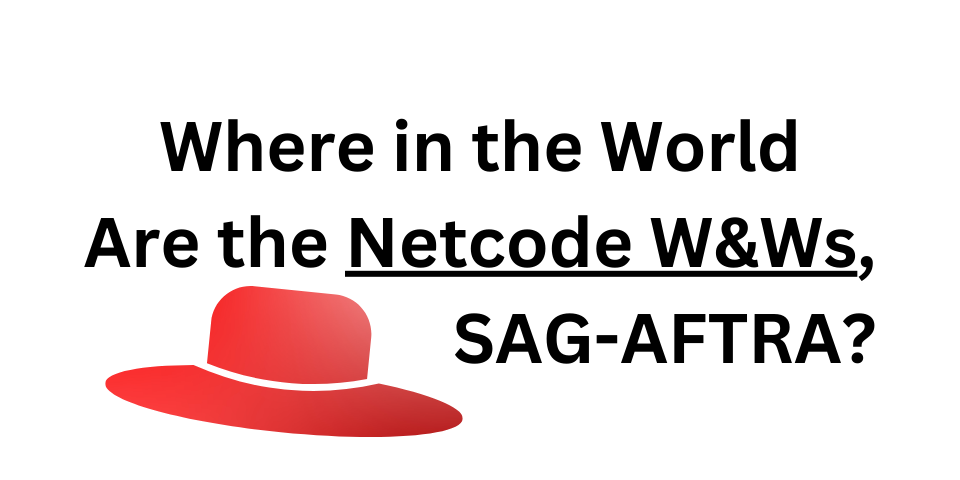
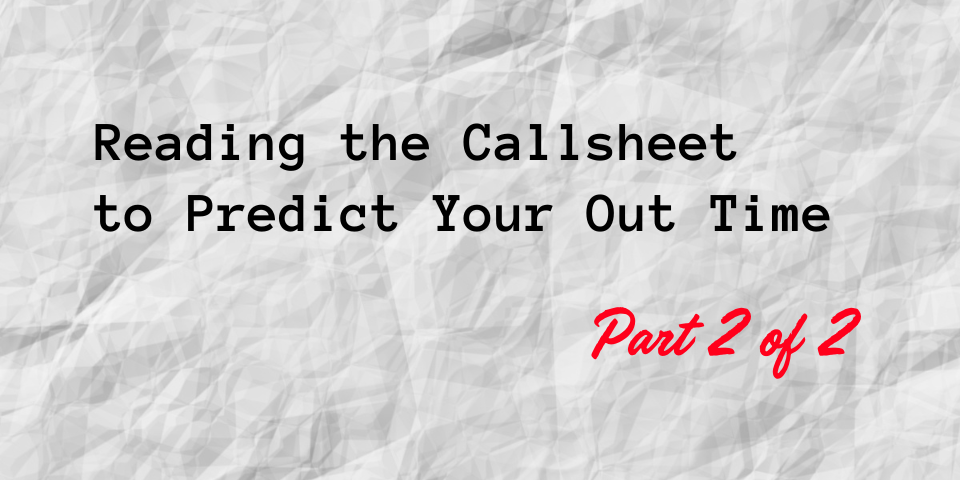
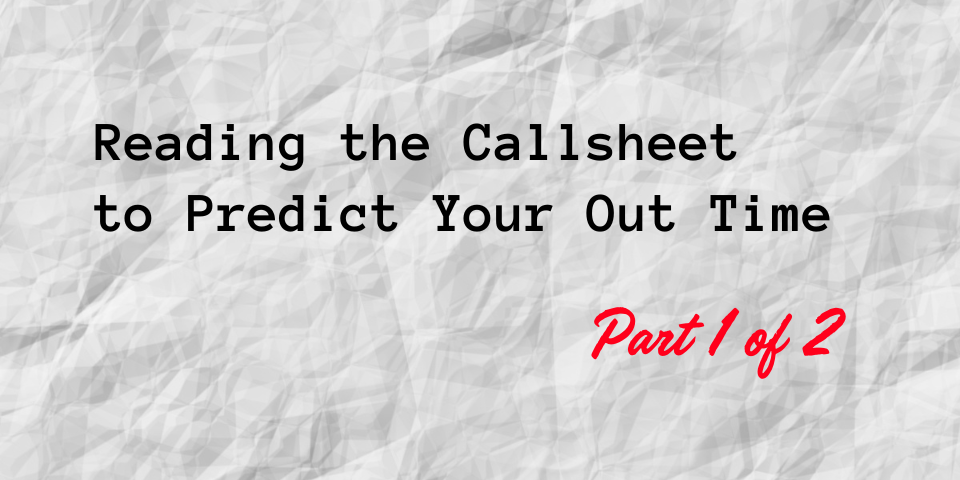
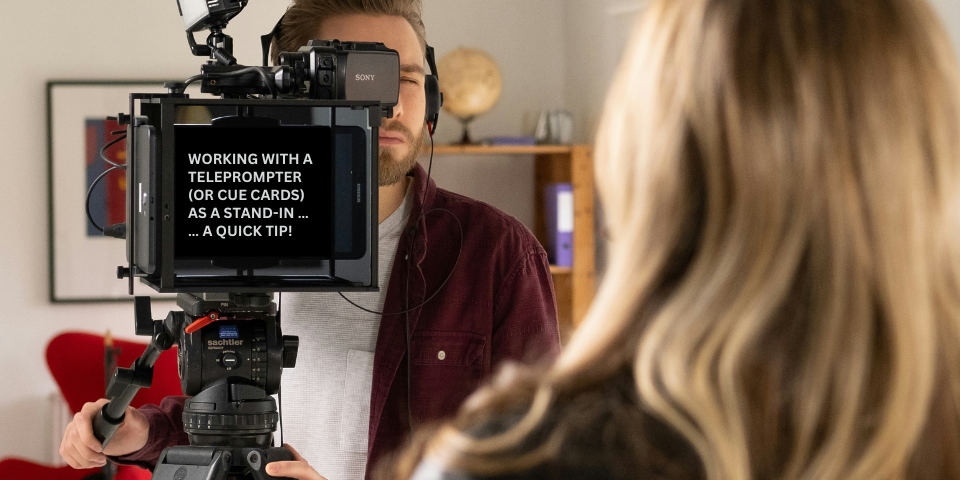
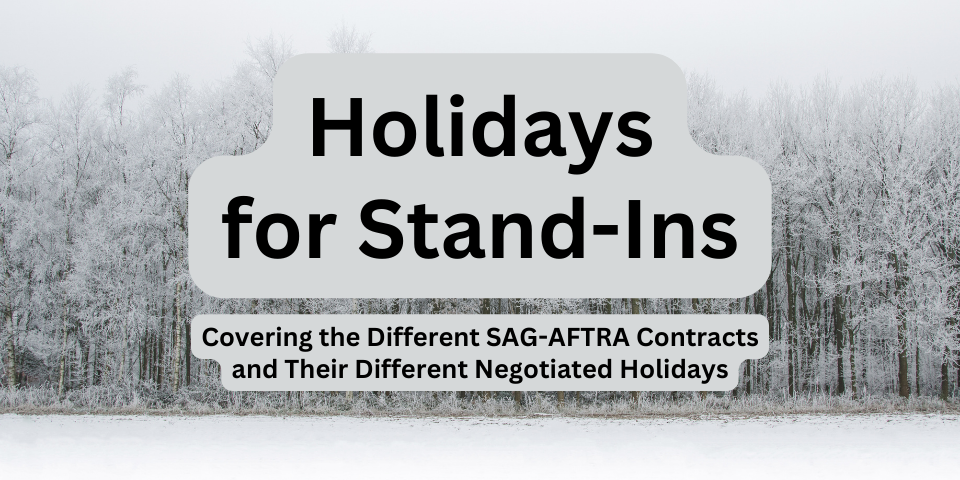
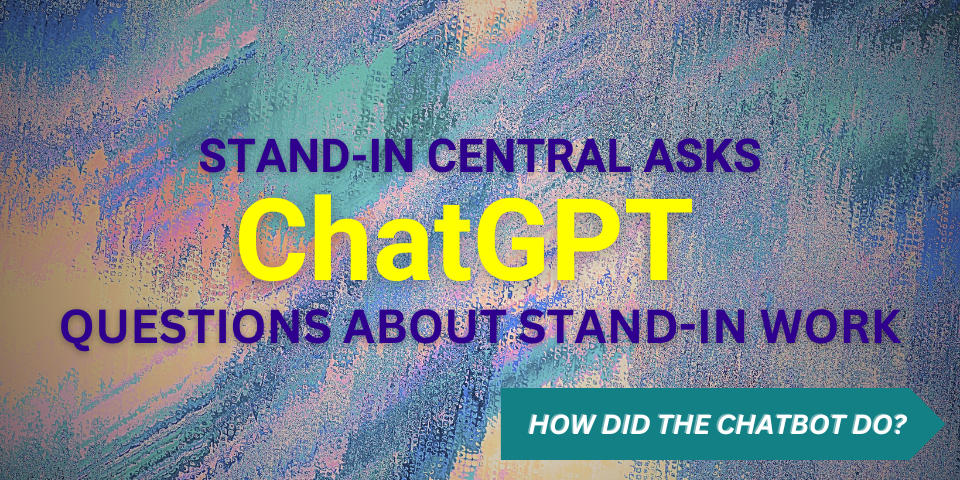
Leave A Comment